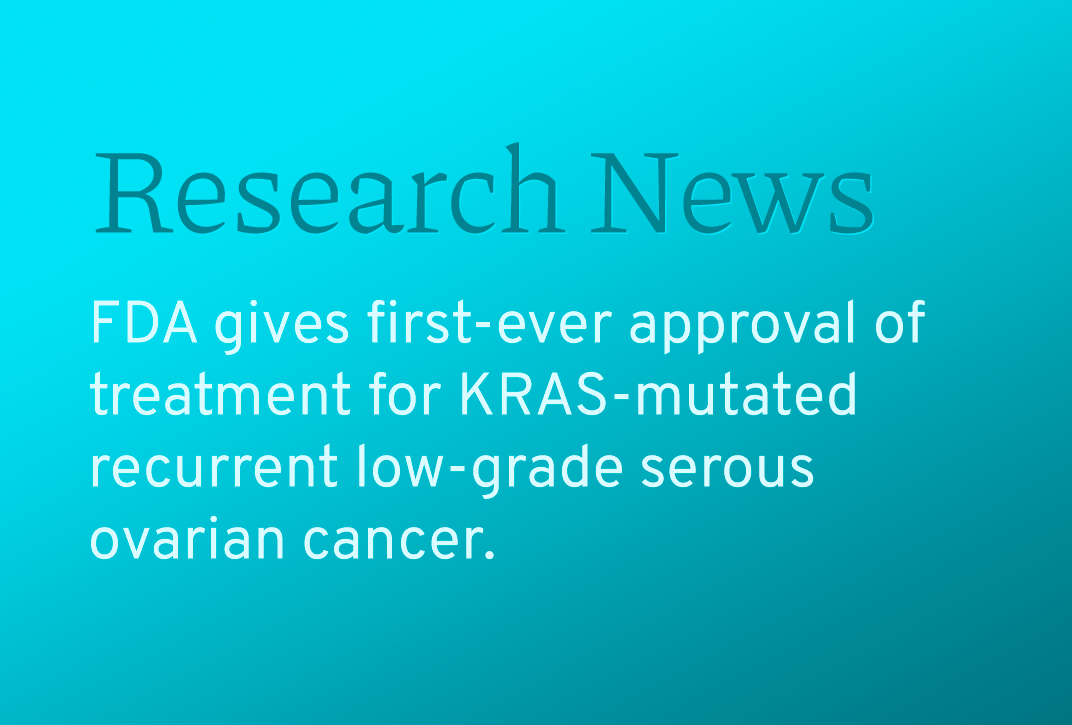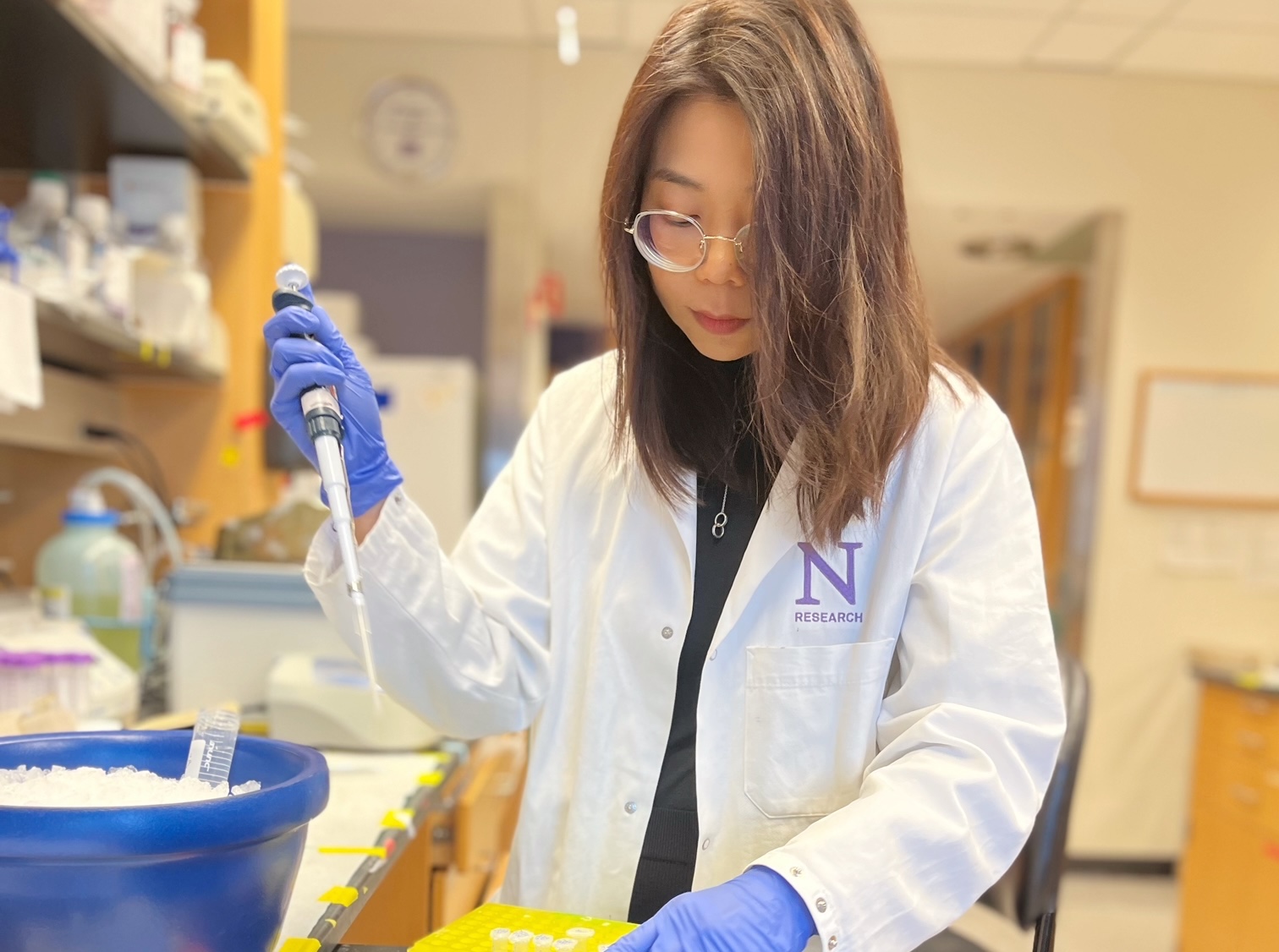
The interaction between two partner proteins may promote the growth of the most common ovarian cancer subtype, according to recent findings from OCRA-funded researchers at University of Pennsylvania and Cedars-Sinai Medical Center and their colleagues. The learnings, which were published in Science Signaling, may pave the way for the future development of new targeted therapies.
HGSOC stands for high-grade serous ovarian carcinoma. It is the most prevalent subtype of this disease, accounting for approximately 75% of epithelial ovarian cancers.
Scientists believe that the majority of high-grade serous ovarian carcinomas begin in the fallopian tubes. And a protein that is critical to fallopian tube development may also contribute to the growth of HGSOC when it partners with a second protein, according to the new study published by a research team including OCRA grantees Dr. Daniele Chaves-Moreira and Dr. Ronny Drapkin of University of Pennsylvania and Dr. Kate Lawrenson of Cedars-Sinai Medical Center.



The study’s authors have shown that the protein PAX8 may promote the growth of ovarian cancer tumors through its interaction with the protein SOX17. Both proteins are transcription factors, which means they can turn genes on or off. Transcription factors function as on/off switches by binding to DNA and regulating the flow of genetic information that determines when, where, and how many RNA molecules are made.
The scientists found that both PAX8 and SOX17 play a role in the regulation of genes associated with angiogenesis or blood vessel formation. According to their learnings, these partner proteins appear to work together to enable new blood vessels to develop in HGSOC tumors by suppressing the gene SERPINE1, which has shown to inhibit angiogenesis in ovarian cancer cells.
This study could shape the development of future ovarian cancer treatments, as the authors noted. “Our findings indicate that PAX8 is part of a chromatin remodeling complex that critically involves SOX17 to promote angiogenesis,” they concluded. “Our findings further suggest that targeting this pathway might be a viable therapeutic target in ovarian cancer.”


